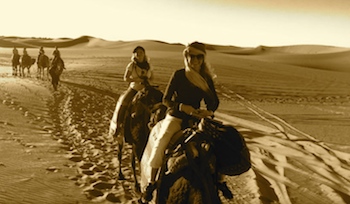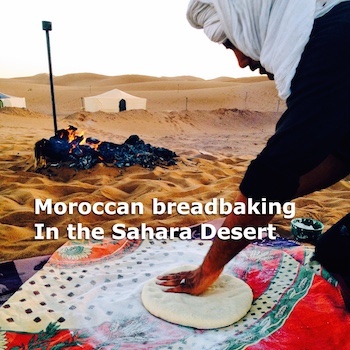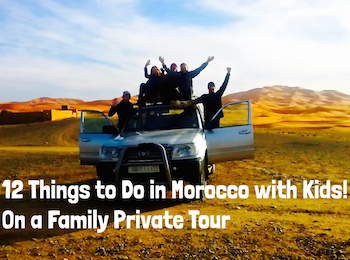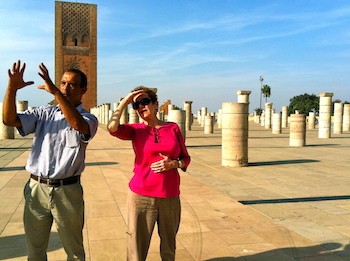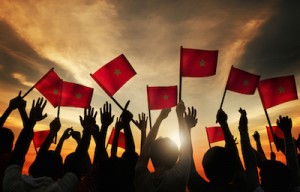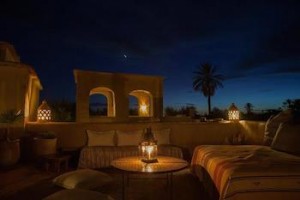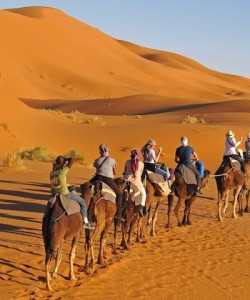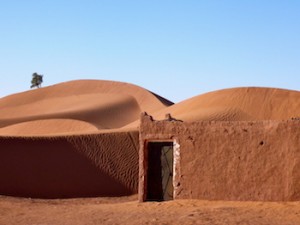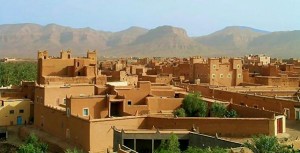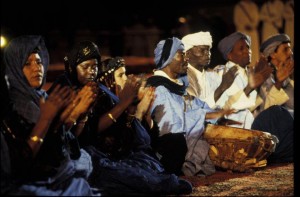Posts Tagged ‘Sahara Desert Tours’
Morocco is one of the leading holiday destinations for families who want to tour a country that offers a wide range of adventure activities. The country’s unique combination of urban cities, historic medinas, rural landscapes, mountain villages, a grand Sahara desert and sandy…
“The children of him who has wheat in his house should not beg of his neighbor.” “Manage with bread and salted butter until God brings something to eat with it.” “There is no hunger but the hunger of…
Morocco is a family friendly country and the perfect choice for travelers with kids. Whether you are planning Morocco vacation as a younger family or traveling with older children Morocco has a wealth of adventure activities and things to do with…
The best way to see Morocco is with a Moroccan Guide. Exploring Morocco with expert licensed Moroccan guides who will help you navigate Morocco’s old medina Andalusian gardens, vibrant souks, monuments, and mosques enables you to experience an insiders view of the…
With its relative proximity to Europe and increasingly easy to access from international airports, Morocco has long attracted visitors from abroad. A large part of its charm is due to its historical significance as a cultural crossroads between Arabic, Middle-Eastern, African and European…
Journey beyond Marrakech for a New Years Luxury Desert Trip. Take the entire family on a Sahara Desert Safari to Morocco’s Great South and experience the highlights of Morocco. Visit Ait Benhaddou Ksar, Lawrence of Arabia was Filmed Here. Explore Morocco’s natural wonder,…
Morocco is the perfect family destination as it offers a unique blend of cultural and adventure experiences for families looking for an educational and active holiday. The combination of Morocco’s grand Sahara Desert, old world souks, and mountain regions offer…
Although, compared to neighbouring Algeria, Morocco has only a fraction of the Great Sahara Desert within its territory, yet Morocco offers the safest and best-organized access to the Sahara of the whole of North Africa. Whether you want a quick glimpse of…
The Sagro Mountain region and Ait Ouzzine is the ancestral village of the Ait Atta a Berber tribe which resisted the French up until a treaty was concluded 1933 and never submitted to Thami El Glaoui Pacha of Marrakech during the French protectorate 1912-1956. The Ait Atta belong to the…
Guelmim, famous for its blue people and as the gateway to the Sahara is in the South west of Morocco. It is the capital of the Guelmim-Es Semara region which includes Southern Morocco (south of the Souss-Massa-Draa region) and northern Western Sahara. It can be reached easily by road from…

